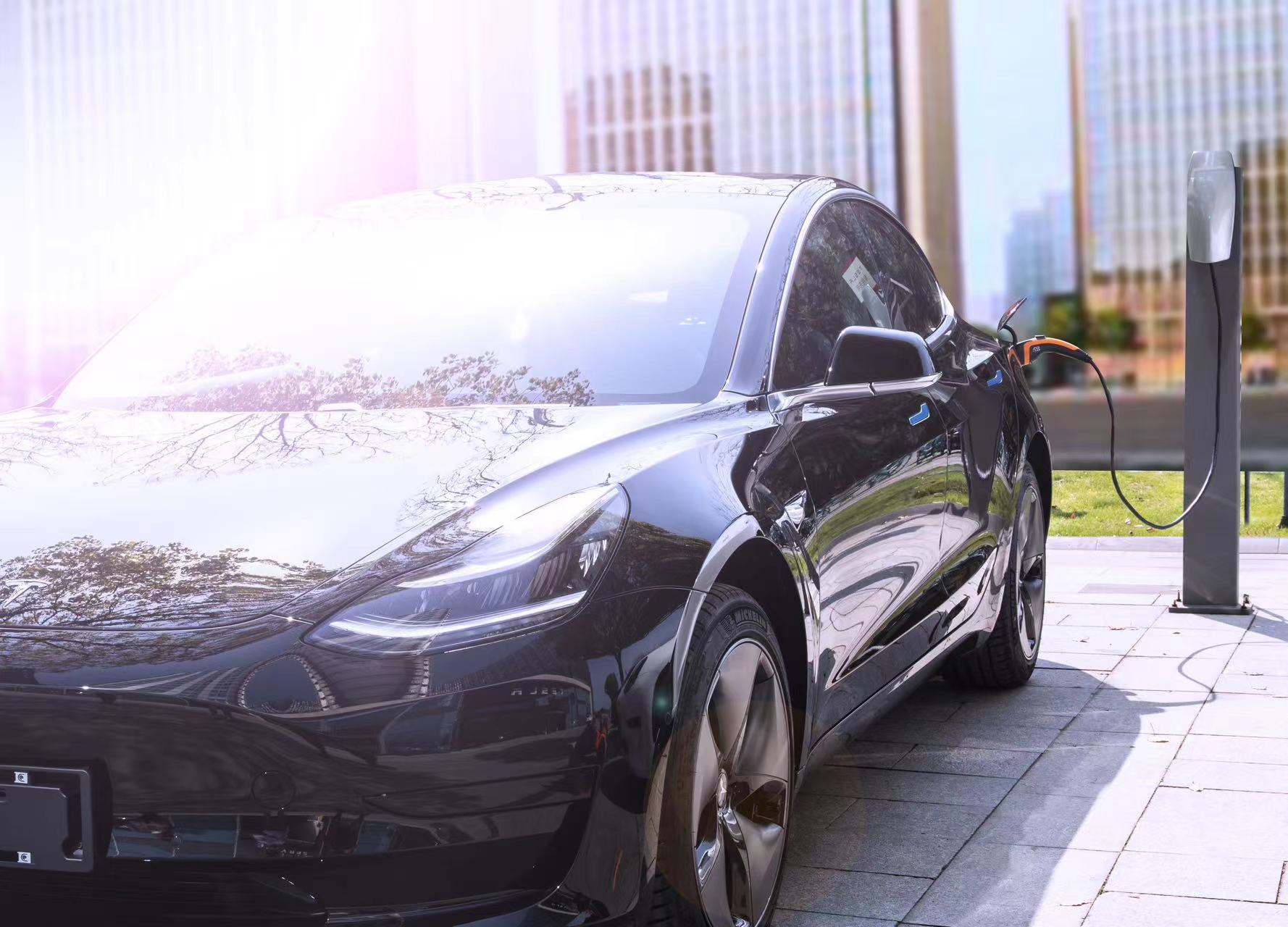
¿¿ qué cable de carga usará mi nuevo vehículo eléctrico?
Dejar un mensaje
¡Te llamaremos pronto!
ENTREGAR
There is no definitive answer to this, it will purely depend on the vehicle manufacturer and what charging method they decide to supply with a new car. Most electric car manufacturers will provide some sort of EV charging method but to have the flexibility to charge your car at home, at work, or in public it’s more than likely you will need to purchase an alternative charging cable.
It’s more than likely that you will be supplied with a 3-pin EV charging cable but these will only charge your vehicle at low speeds. If you are using a 3 pin charger these will plug straight into a standard wall socket but they will only charge at 2.3 kW meaning your car will take much longer top charge:
For example, see below the Tesla Model 3 time to charge at different speeds:
| Type | Capacity | Time to charge |
| 3 Pin Charger | 2.3 kW | 24h00m |
| 1-Phase, 16A | 3.7 kW | 14h45m |
| 1-Phase, 32A | 7.4 kW | 7h20m |
| 3-Phase, 16A | 11 kW | 5h00m |
| 3-Phase, 32A | 22 kW | 3h45m |
This means using the 3 Pin charger, your Tesla would charge in 24hrs compared to using a 3 Phase 32amp cable charging in 3hrs 45 minutes.
For this reason, many electric car owners have decided to install their own smart home EV chargers for this you will also need to purchase the correct EV cable. Below is a chart showing a list of electric cars, and if they are supplied with a charging cable or 3 pin charger:
| Electric Car Model | Type 1/2 Charging Cable | 3 Pin Charger: |
| Audi e-tron | Yes | Yes |
| Audi A3 e-tron | Yes | Yes |
| Audi Q7 e-tron | Yes | Yes |
| BMW i3 | Yes | Yes |
| BMW 330e | Yes | Yes |
| Hyundai Ioniq | No | Yes |
| Hyundai Kona | Yes | Yes |
| Jaguar I-PACE | Yes | Yes |
| Kia e-Niro | Yes | Yes |
| Mercedes C-Class plug-in hybrid | No | Yes |
| Mercedes EQC | Yes | Yes |
| MG ZS EV | No | Yes |
| Mitsubishi Outlander PHEV | Yes | Yes |
| Nissan Leaf | Yes | |
| Renault Zoe | Yes | No |
| Tesla Model 3 | Yes | Yes |
| Tesla Model S | Yes | Yes |
| Tesla Model X | Yes | Yes |
| Vauxhall Corsa-e | Yes | Yes |
| Volkswagen e-Golf | Yes | Yes |